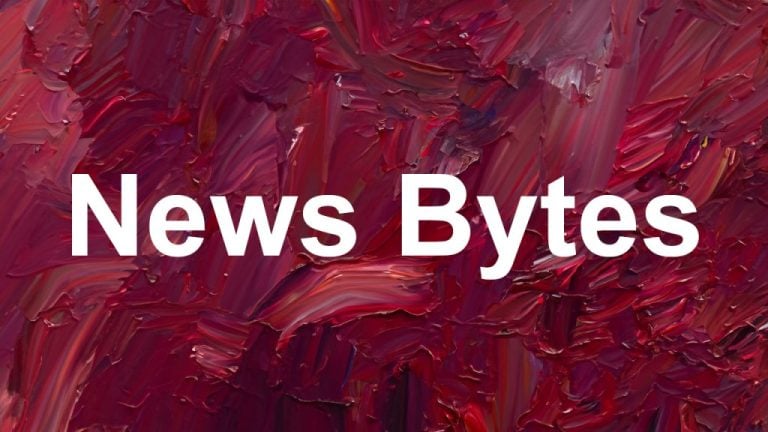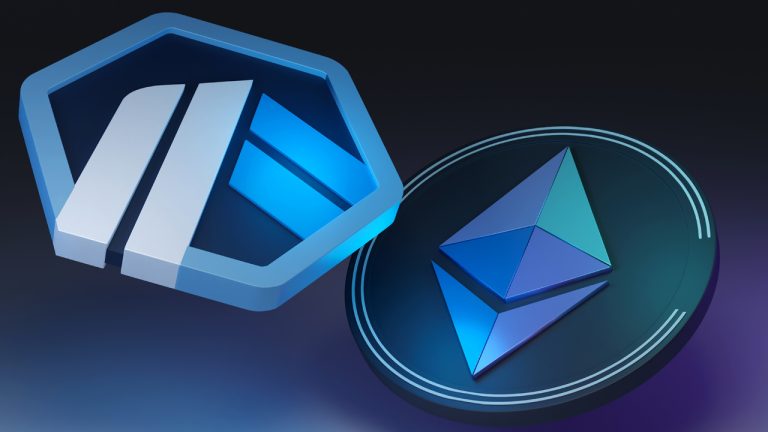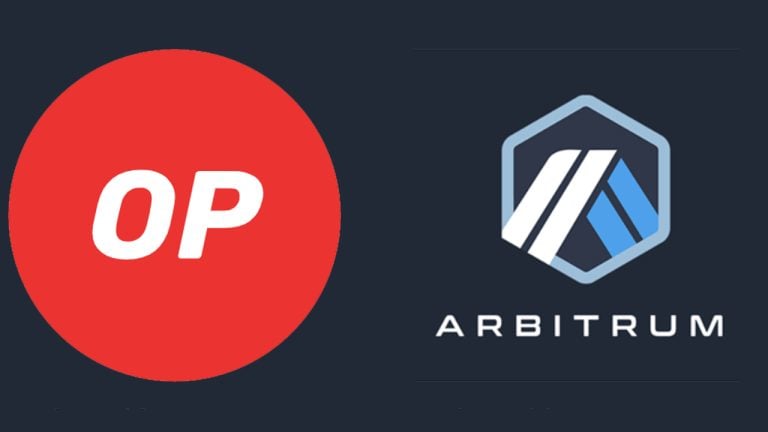
Building a decentralized exchange on Bitcoin would be a “step backward,” for example, said Bitcoin developer Super Testnet.
One of the developers working on “BitVM” — a Bitcoin-based virtual machine — reiterates the tech is intended to scale Bitcoin rather than launching Ethereum-like decentralized finance applications on the network.
BitVM’s whitepaper was released by ZeroSync’s project lead Robin Linus on Oct. 10 with technical support provided by pseudonymous developer “Super Testnet” — implementing BitVM’s first proof-of-concept and working on expanding BitVM’s capabilities.
Upon its release, some industry pundits formed the impression that BitVM would bring DeFi to Bitcoin like what the Ethereum Virtual Machine (EVM) did for Ethereum.
Lightning also fall short in the scaling department. It's nowhere near solving scalability.
— Hampus (@hampus_s) October 12, 2023
We need more complementary things.
> this is just another defi on bitcoin attempt.
Again, the motivation behind BitVM by the author was not DeFi. It was scaling.
However, Super Testnet tells Cointelegraph that BitVM is scaling-focused rather than being about implementing smart contracts and an avalanche of altcoins:
“The real killer app is scaling Bitcoin. [Robin Linus isn’t] a big fan of smart contracts. He's not a big fan of increasing Bitcoin's expressivity. He really is interested in making it so that Bitcoin can process millions of transactions per second.”
Super Testnet said he doesn’t want BitVM to be flooded with (EVM)-like tokens because it’ll bring bad actors to Bitcoin:
“I don't want to see everything from the Ethereum ecosystem because most of it is Ponzi schemes.”
Building a decentralized exchange on Bitcoin would be a “step backward,” he added.
Meanwhile, Super Testnet notes that BitVM won’t be an “instant death” for Ethereum’s altcoins, which some have suggested — though it could take demand away from them.
Hot Off the Press: BitVM White Paper Drops! Experience a groundbreaking computing approach for smart contracts on #Bitcoin
— RichQuack (@RichQuack) October 10, 2023
Unlock functionalities previously assumed to demand a soft fork with these enhanced smart contracts.
Could this be the end of #altcoins? pic.twitter.com/1GA43VE7If
The developer hopes that Bitcoin (BTC) essentially remains the only monetary unit on the Bitcoin network:
“A big property that makes Bitcoin important is maintaining one monetary asset that everyone can agree on instead of having floating exchange rates that are a burden for commerce,” he said.
BitVM could patch up one of Lightning’s flaws
Meanwhile, Super Testnet said BitVM’s intended payment infrastructure will also aim to improve one of the Lightning Network’s shortfalls — payment reliability.
“Lightning is wonderful as a system and it's much faster than probably anything we can make on Bitcoin. But one thing that Lightning doesn't do well is payment reliability.”
River, a Bitcoin-only exchange, revealed its Lightning payments success rate was 99.7% in August across 308,000 transactions.
He hopes BitVM can reach 60% of the transaction speed of the Lightning network.
BitVM: The 24 hour update.
— Bob Bodily, PhD | #BTC #ETH #ICP (@BobBodily) October 11, 2023
After thousands of Twitter posts and hours of spaces and discussions, we know much more about BitVM than we did yesterday. Here’s a quick update:
Excitement
1. BitVM is a new computing paradigm that leverages the universal gate NAND (along with other… pic.twitter.com/zBws7gOhjA
Related: Coinbase to integrate Bitcoin Lightning Network: CEO Brian Armstrong
The developer has also stressed that BitVM is optional like the Lightning Network and anyone will be able to transfer BTC or Bitcoin-assets out of the virtual machine back into cold storage or wherever they were beforehand.
“No one is forcing you to send your money into a virtual machine. If you want your money safe, keep it safe.”
'Compute anything' misconception
Super Testnet also clarified a possible misunderstanding, explaining that BitVM, in its current state, cannot compute “anything” like its whitepaper suggests.
“We have to build more primitives in order to make it so that anything can run in it.” Implementing SHA-256 and encryption are some of the additions that need to be made, they noted.
However, Super Testnet revealed on Oct. 12 that BitVM is already processing basic functions:
Update: bitvm can perform *3* functions now and I'm in the middle of making a webpage where you can play with it pic.twitter.com/bXYOZKx2GV
— Super Testnet (@super_testnet) October 12, 2023
Linus and Super Testnet met at a Bitcoin conference around 18 months ago and have been working to scale Bitcoin at the scripting level almost ever since, he said.
Magazine: Should you ‘orange pill’ children? The case for Bitcoin kids books






